ZIMBABWEAN companies have become sitting ducks for takeovers by foreign investors, despite concern over the country's indigenisation law compelling foreigners to limit their shareholding in domestic companies to 49 percent.
Analysts said the dire economic situation in the country, characterised largely by a liquidity crunch, could force government to give up stringent indigenisation demands to allow struggling companies to restart by courting foreign capital.
Local companies could also be forced into mergers, analysts said.
Already, many banking institutions are in talks with potential suitors from outside the country for cash injection, a situation that has been replicated in all sectors across Zimbabwe's frail economy.
"It's a tough situation," said independent economist, Witness Chinyama, who has served in the banking sector for many years.
"Everybody is talking to foreigners - from bankers to manufacturers and retailers. We don't have the money," said Chinyama.
Since the adoption of a hard currency regime that eliminated Zimbabwe's defenceless currency from circulation, Zimbabwe's banks have been grappling for lifelines to survive.
Moreover, banks are facing new pressure to meet hefty capital levels put in place by the central bank to avoid future bank failures.
There has been speculation South African investors have been on the prowl to seize key assets in the sector.
But most acquisitions in the sector have come from Mauritian funds and investors.
Banking group, Kingdom Financial Holdings Limited, courted AfrAsia who bought into the institution and rebranded it into AfrAsia Kingdom Holdings.
The new investors are now expected to consolidate by buying out founder, Nigel Chanakira, effectively taking over control of the asset.
Indications are that they could be exempted from complying with the Indigenisation and Economic Empowerment Act.
Zimbabwe signed the Indigenisation and Economic Empowerment Act into law on March 9, 2008, and related regulations were gazetted as Statutory Instrument 21 of 2010 issued on January 29, 2010.
The related regulations provide for non-indigenous companies operating in Zimbabwe to arrange for 51 percent of their shares or interests therein to be owned by indigenous Zimbabweans within five years, subject to an analysis based on information that has to be filed with the Minister of Youth Development, Indigenisation and Economic Empowerment.
At least two other banks are reportedly in talks with foreign investors for fresh capital.
Recently, Mauritian private equity firm ShoreCap II Limited, through its United States based fund managers Equator Capital Partners, acquired a 7,3 percent shareholding valued at close to $5 million in financial services group FBC Holdings Limited as part of a deal to recapitalise the micro-finance division.
The transaction took place soon after a US investment firm Consilium Investment Management, had acquired a four percent stake in FBC Holdings.
A few months ago, a Malaysian-based private equity fund Safari Quantum bought more than 10 percent of CBZ Holdings' issued shares in a special bargain deal worth $8,3 million.
The deal was meant to boost liquidity in subsidiary, CBZ Bank.
"The reality is that our companies desperately need foreign capital to survive, yet our politicians are talking about indigenisation. It's a delicate situation and there will be a compromise situation," Chinyama said.
The foreign investors have also been swooping on firms in liquidation, such as Zimbabwe Stock Exchange-listed Cairns Foods, which has reportedly found a buyer after going bankrupt.
Reports suggest that South Africa-based Vasari Global Holdings, which had been among four bidders for a significant stake in the struggling manufacturing company, had won the bid to buy Cairns with the full backing of employees.
Japanese paint manufacturing giant Kansai Plascon also recently acquired 49 percent of the Reserve Bank of Zimbabwe-held stake in Astra Industries.
The shares were worth $5,5 million.
AICO Africa is scouting for foreign investors for its various units to recapitalise its businesses.
Seed manufacturer and a unit of AICO, Seed Co, recently approved a $60 million deal under which French-based international vegetable seed developer Vilmorin & Cie will acquire a 25 percent stake in the local company.
Seed Co is also in the process of selling its cotton planting seed unit, Quton, to an Indian firm Mahyco to raise cash.
Quton is the only cotton planting seed company in Zimbabwe and its main role is breeding, processing and marketing cotton seed to largely smallholder farmers in the southern Africa region.
AICO and its controlling partner in fast moving consumer goods business, Olivine Industries, are looking for foreign investors to fund the business.
Retail giants, OK Zimbabwe and TM Supermarkets have courted foreign capital to become viable.
TM Supermarkets received a significant chunk of cash from South Africa's Pick'n Pay, which increased its shareholding in the grocery business from 25 percent to 49 percent.
OK Zimbabwe roped in Investec Africa Frontier Private Equity Fund for a $20 million bailout that came via an undersubscribed rights issue that gave the investment manager an entry point into the retailer.
But apart from looking offshore for new capital, local businesses have also been merging to consolidate and avoid bankruptcy.
Last year alone, the Competition and Tariff Commission approved 12 mergers.
These included the acquisition of Zimbabwe Online (Private) Limited by Data Control & Systems (1996) and the merger of Tractive Power with Zimplow Limited.
Pelhams was also incorporated into TN Holdings, which already ran similar businesses under the TN Harlequin brand.
With the cash situation looking bleak, mergers and acquisitions are likely to intensify.
The deep-pocketed will pick up the assets at very cheap prices.
- fingaz
 Mnangagwa in Eswatini
Mnangagwa in Eswatini  South Africa is in serious trouble
South Africa is in serious trouble  US halts visa services for Zimbabwean nationals
US halts visa services for Zimbabwean nationals  ZSE and VFEX recover after weak 1st half
ZSE and VFEX recover after weak 1st half  Gold edges up as traders await guidance
Gold edges up as traders await guidance  Zimbabwe Agricultural Show 2025 kicks off
Zimbabwe Agricultural Show 2025 kicks off  Young Investment Professional (YIP) Graduate Programme 2019
Young Investment Professional (YIP) Graduate Programme 2019 
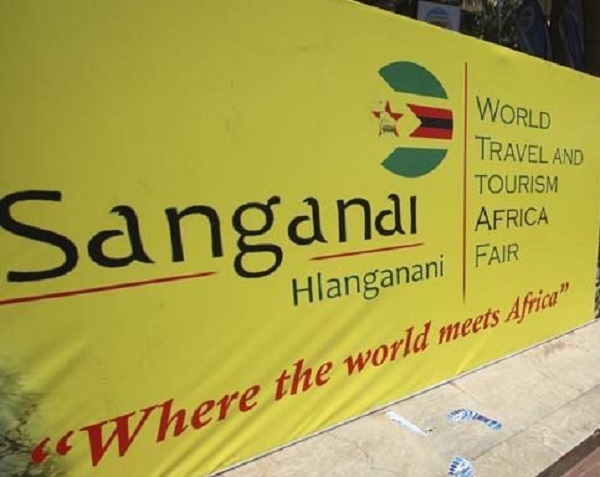



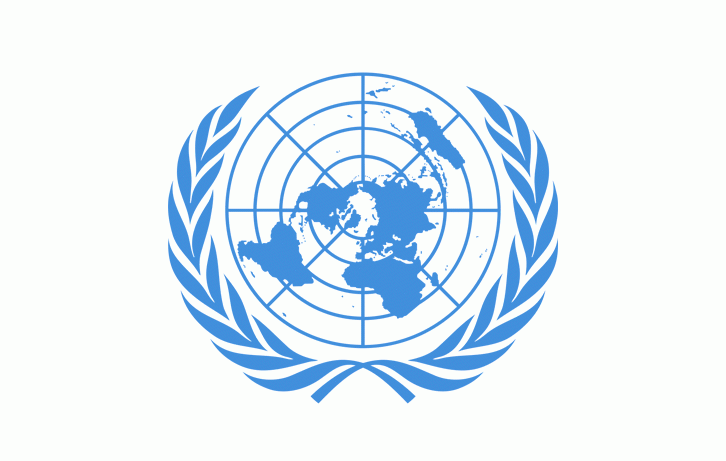
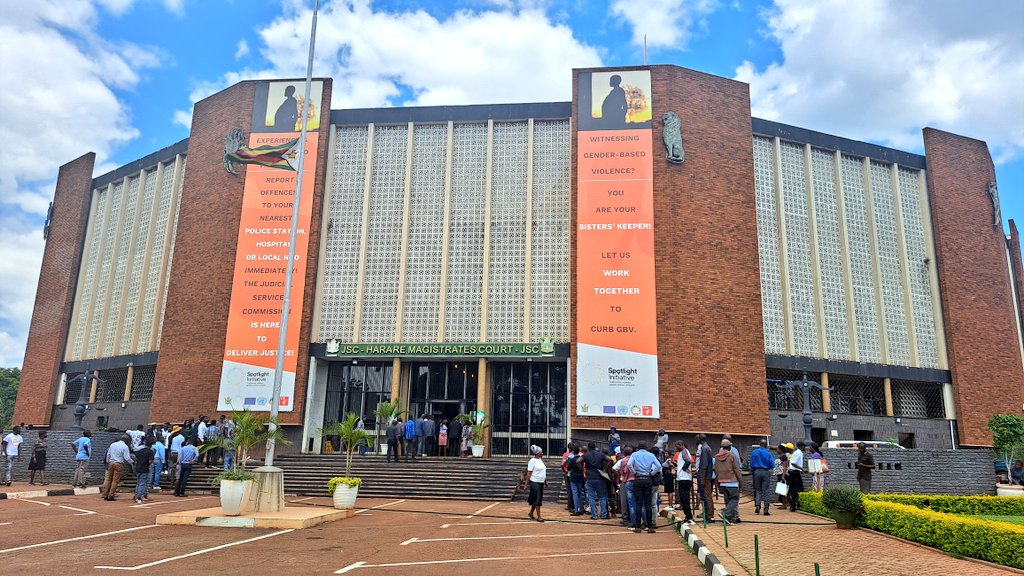
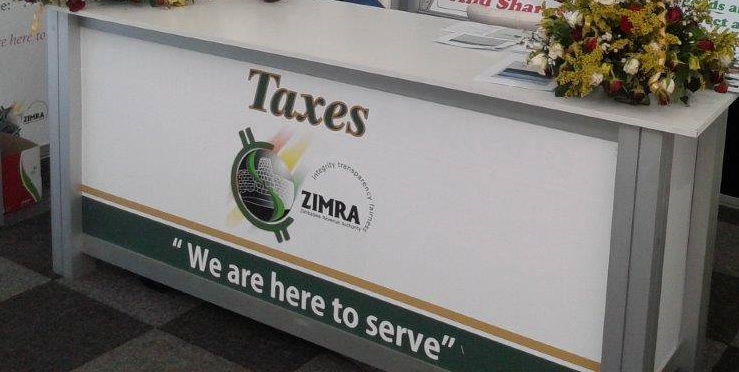
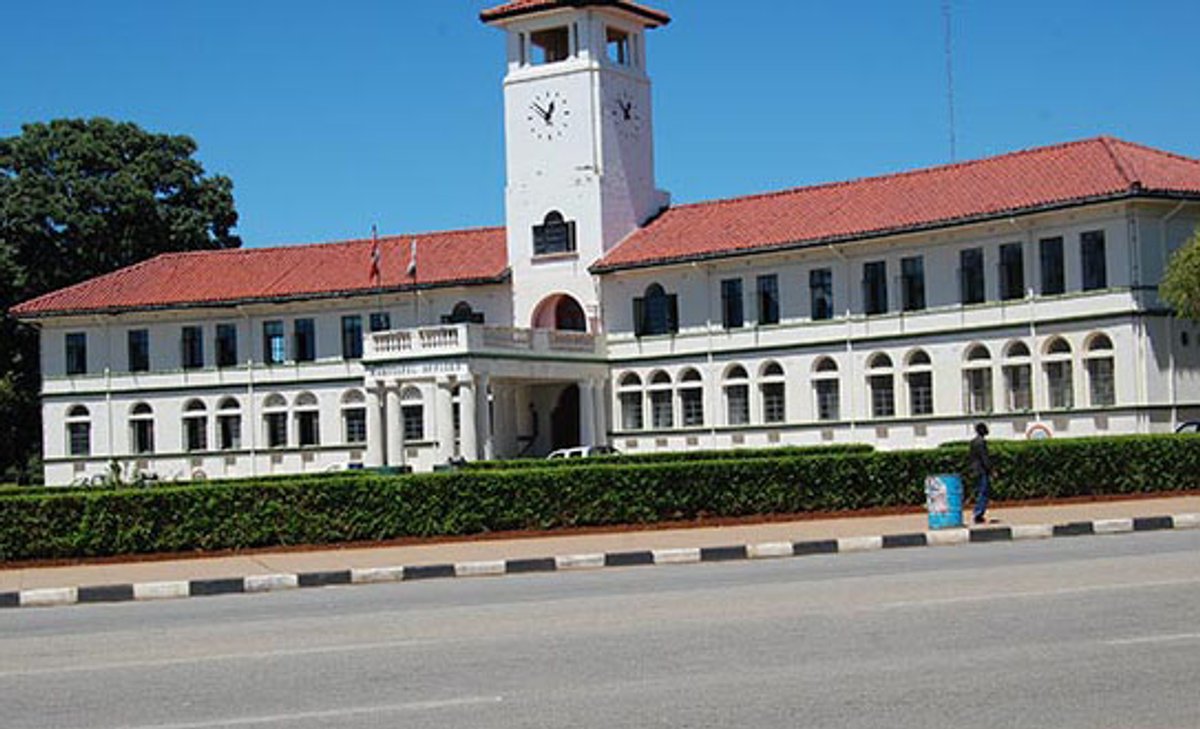



 Young Investment Professional (YIP) Graduate Programme 2019
Young Investment Professional (YIP) Graduate Programme 2019
Editor's Pick